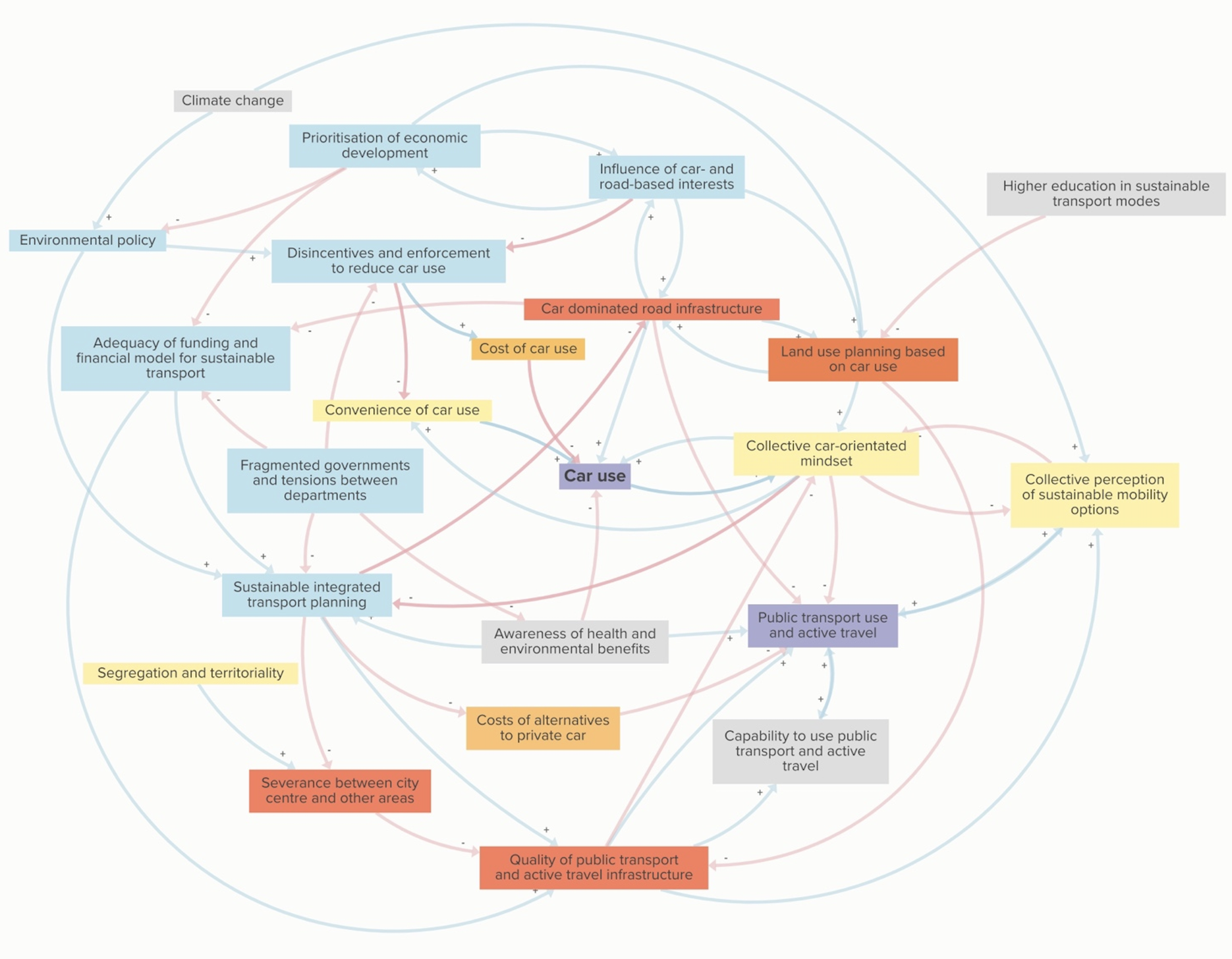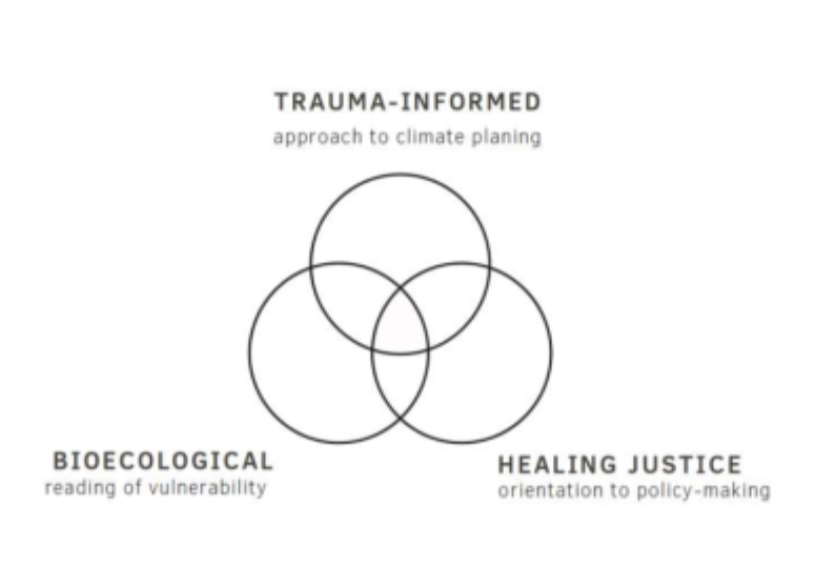City Know-hows

Belfast has very high levels of car use. Working with stakeholders we tried to understand what factors influence this. System-wide factors, such as financial models for transport, a collective car-orientated mindset and car-dominated road infrastructure, have the strongest influence on individual behaviour.
Share
Target audience
Local and regional authority leaders; Transport planners; City planners.
The problem
Car dependency is a problem worldwide. It is of particular concern in Belfast and Northern Ireland, said to be one of the most car-dependent regions in Europe. This is a concern since car dependency can lead to negative impacts on air quality, increase in noise pollution, poor neighbourhood accessibility, reductions in active travel and increases in car-related injuries and deaths. In addition to public health impacts, car dependency also widens inequalities and has economic, environmental and social development implications.
What we did and why
We aimed to understand better the factors that influence the high levels of car dependency in Belfast. We brought together a group of stakeholders from a range of sectors with an interest in the city. We worked with these stakeholders to co-design a conceptual diagram of the system, reflecting some of the factors that influence car dependency. We then explored the relationship between these factors.
Our study’s contribution
Our findings showed that despite a strong car-orientated mindset at the individual level, individual behaviour in relation to travel mode choice is influenced by system-wide factors. In the Belfast context, this meant that car use was the easiest and most convenient choice for the majority.
We found that there were influences through policy, infrastructure, economics, transportation norms and mindset, which all worked together to lead to these high levels of car dependency.
Impacts for city policy and practice
In Belfast, as with many other cities, car use is still the easiest and most convenient choice for the majority. Working with practitioners and stakeholders is critical. Future change starts with the development of shared understandings. Our method of co-designing outputs, together with stakeholders working in the city, is a successful way of bringing everyone together and starting to talk about the existing issues and, most importantly, how to solve them.
Further information
Full research article:
Group model building for developing systems-oriented solutions to reduce car dependency in Belfast, United Kingdom by Holly Weir, Brendan Murtagh, Iraklis Argyriou, Claire Cleland, Conor Meehan, John Barry, Alberto Longo, Gary McKeown, Frank Kee, Ruth Hunte and, Leandro Garcia.
Related posts

By reviewing the studies on the cities in the early months of the COVID-19 outbreak, we could develop a promising perspective for identifying solutions during future similar pandemics.

Health arguments are rarely used to justify urban policies in Latin America. A new urban health study suggests we can and should do better connecting

To plan equitable climate interventions in times of systemic crisis, cities must be trauma-informed and make healing justice a key feature of urban resilience planning.